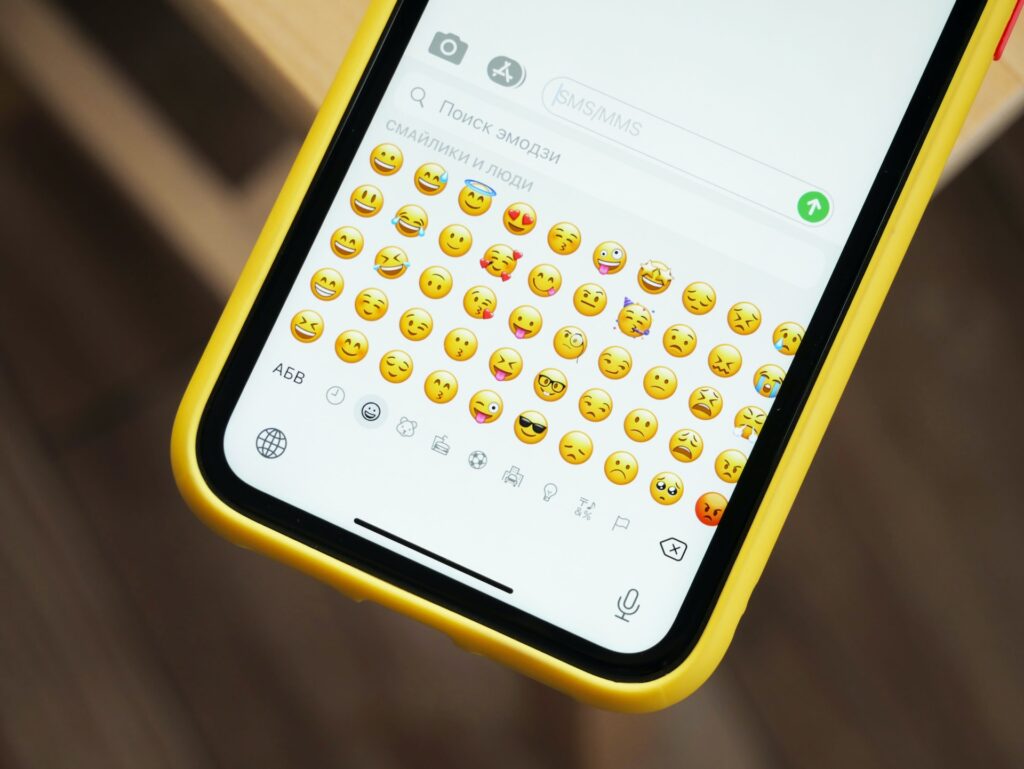I’d been thinking about this one for a while: as language teachers, one of our key competences is knowledge of language and linguistics. This is not only one of the requirements of the concorso syllabus but also a necessity in the classroom.
So, in this article, I want to collate my six favourite resources to learn more about languages and linguistics, from podcasts to YouTube channels to websites and articles: take your pick!

1. Lingthusiasm
As its website asks: “Ever find yourself distracted from what someone is saying by wondering about how they say it?” Join linguists Gretchen McCulloch and Lauren Gawne in their lively podcast Lingthusiasm to find out all about linguistic patterns, trivia and how we use language to make sense of the world.
2. Susie Dent and her word of the day
I know there are hundreds of pages online with “words of the day” posts to learn English… but are any of these words by any chance “ipsedixitism”, “goshbustified” or “brabblement”? Follow Susie Dent on Twitter to see her daily words of the day and etymologies so you don’t miss out on words from the 15th century!
3. Gretchen McCulloch, internet linguist
Have you noticed how the internet seems to have developed a whole new language? Turns out, there are scholars who study that: explore internet linguist Gretchen McCulloch’s website to find out all about how the internet has been changing language, including a personal favourite – her work on emojis.

4. Language on the move
How does language interact with society, and vice versa? This is one of the key questions driving the field of sociolinguistics and the website Language on the move, with hundreds of resources to understand multilingualism, language learning and intercultural communication.
5. RobWords
A YouTube channel dedicated to the etymology of words in English: in his short, interesting videos, seasoned newsreader Rob Watts explains where words come from and why we use them. Have a look at RobWords, it’s worth it!
6. Accentrism
As you may have guessed from the title, this podcast is all for the accent lovers: now boasting over 31,000 monthly listeners across 93 countries, Accentrism discusses accents and language varieties in an inclusive, non-prescriptive way. There are certainly connections to English as a Lingua Franca there (see Unit 9 of Language Teaching Methodology to learn more).
All these resources can be used as materials for your language and literature lessons: if you want to find out more about how to design your lesson plans, for the concorso docenti or just for your everyday practice, try out our lesson planning courses for free.
Did you enjoy our post? Share it with your friends:
